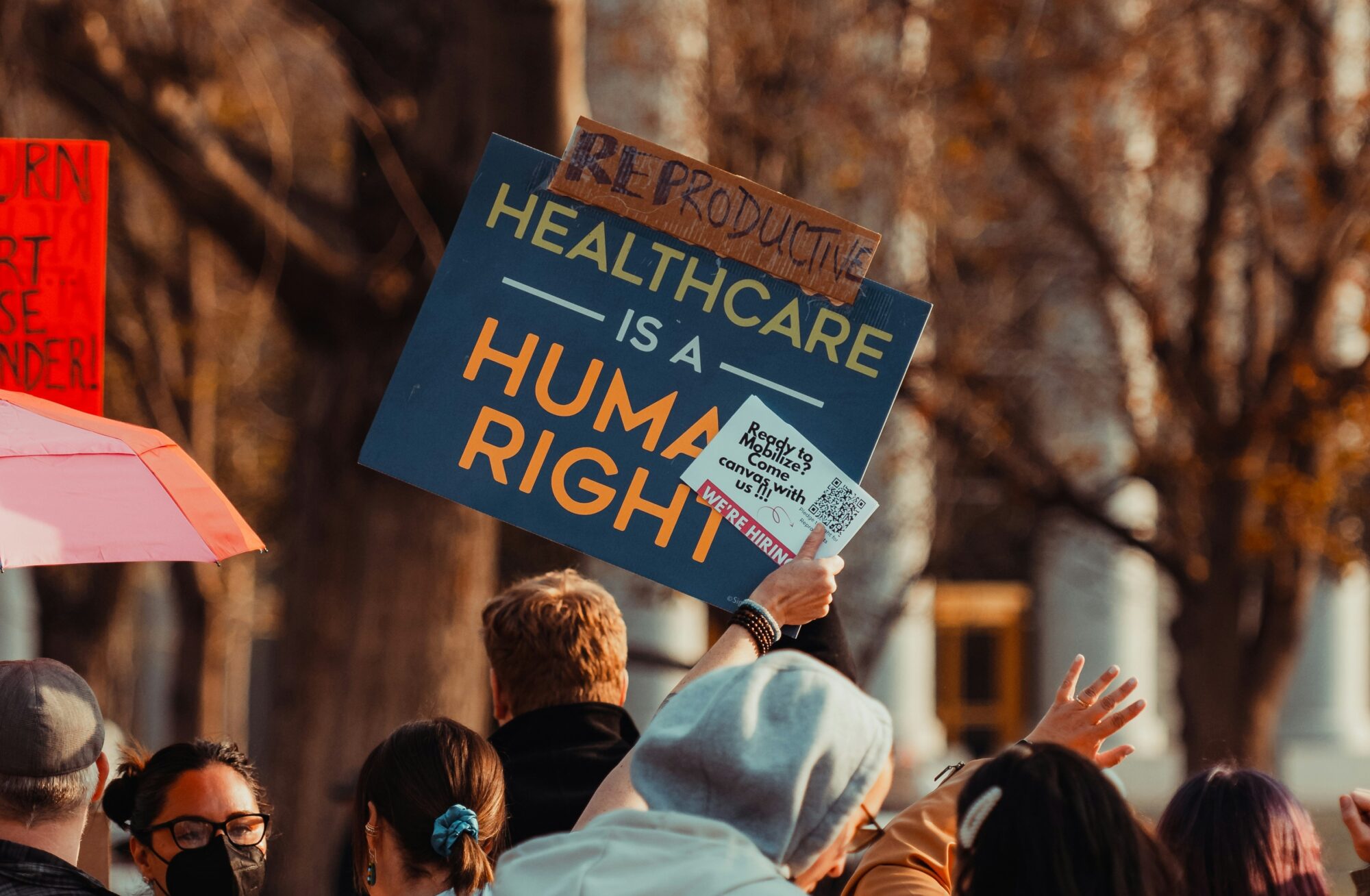As a result of the COVID-19 pandemic, many restrictions have been placed on fundamental rights and freedoms guaranteed by the Canadian Charter of Rights and Freedoms. In response, serious warnings have rightfully emerged regarding the necessity of safeguarding these freedoms and ensuring that they are restored when the pandemic – and the resulting medical emergency – abates. One must hope that we will be vigilant in preserving the individual rights and freedoms safeguarded by the Canadian Charter, called “first generation” rights, such as the freedom of association. However, we could also consider that this historic moment may provide an opportunity to advance what are often termed “second generation” rights, or economic and social rights.
Since the onset of this public health crisis, the link between health and the economy has become irrefutably clear. It fuels considerable commentary, produced surprisingly quickly, that shines a spotlight on social inequalities and gives rise to new ideas, such as the need to substantially increase wages for certain workers.
Constitutional protection of socio-economic rights could be a useful approach to improving the policy framework that determines living conditions for Canadians. However, although it has been 35 years since the Canadian Charter came into effect, it remains to be determined whether the rights to life and security of the person guaranteed under section 7 include an economic aspect. In 2002, the Supreme Court left the door open to this possibility in its decision in Gosselin v. Québec (Attorney General).
The pandemic has underscored the extent to which economic decisions made by the various levels of government have an impact on the lives and safety of Canadians. For this reason, such decisions should be carefully examined through the lens of the Canadian Charter.
For example, faced with the urgency of providing shelter for the homeless to stop the spread of the disease, Montréal and Toronto have begun to find temporary solutions. However, we must ensure that these solutions become permanent. Furthermore, health imperatives combined with the economic situation should lead to a comprehensive right to housing that would address problems of unsanitary dwellings, unaffordable rents and unfair evictions, among other things.
In Québec, with the crisis raging in long-term care facilities (CHSLD) and private retirement homes where COVID-19 has decimated residents due to staff shortages, we are witnessing years of austerity measures blowing up in our faces. Structural problems affecting the lives of CHSLD residents will continue after the pandemic unless significant changes are implemented. Neither the army’s involvement nor the temporary assistance of medical specialists and volunteers will guarantee decent living conditions in the long term for the vulnerable residents of these institutions.
There is no doubt that this public health crisis has exacerbated social inequalities. The fact that many people employed in essential services can’t work from home and that some people rely entirely upon public transit because they don’t have access to a private vehicle are just two blatant examples of the additional risks facing some sectors of the population. Moreover, in the two main Canadian COVID-19 epicentres, Montréal and Toronto, racialized people are overrepresented in jobs where exposure to the virus is greatest, as it is with personal support workers in the health care system. Despite a lack of Canadian data examining the prevalence of COVID-19 other than by age and region, it is likely that economically disadvantaged people will be disproportionally affected because of their housing, employment and transportation conditions.
Even in the face of the broad repercussions of these socio-economic problems, our leaders’ willingness to act may well dissipate just as quickly as it emerged once we are no longer horrified by the death count and attention turns to the economic impacts of the crisis. In that case, it could prove useful if certain economic rights assumed their rightful place in order to encourage the political will to address these issues, or at worst, compensate for its failure.





